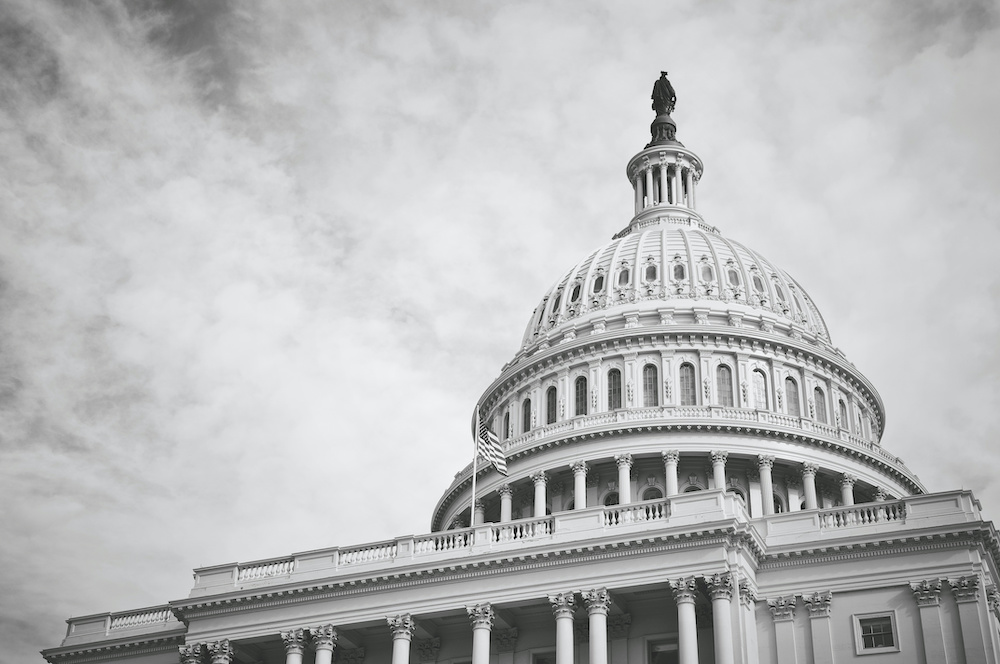
- Details
- By Levi Rickert
With only five Native American members in the 118th Congress, the congressional committee assignments they attain are important to Indian Country.
Seniority is another important factor. Republican Rep. Tom Cole (Chickasaw) is the longest serving Native American serving in Congress. With almost 20 years of experience on Capitol Hill, Cole, who is serving in his tenth term in the House of Representatives, was named on January 10, 2023 the chair of the powerful House Rules Committee by Speaker Kevin McCarthy. Cole is the first Native American to ever head the committee.
He served as Vice Chairman of the committee beginning in 2017 and as Ranking Member of the committee during the past two congresses.
Cole also serves on the House Appropriations Committee that allocates funding all across the federal government.
Rep. Sharice Davids, a tribal citizen of the Ho-Chunk Nation, is serving in her third term In Congress. Davids, a Democrat who serves the 3rd congressional district in Kansas was named vice chair of the Committee on Transportation and Infrastructure. Given the poor road conditions on most Indian reservations, Davids’ serving on the Committee on Transportation and Infrastructure may be beneficial to Indian Country.
“Too often, we only think about infrastructure when it fails—but when we make smart policy choices, infrastructure has the power to connect us and to build the foundation for future economic growth,” Davids said.
Davids was also reappointed to the House Agriculture Committee, which has jurisdiction over federal agriculture policy, including forestry, nutrition, conservation, and other agriculture-related fields. It also oversees rural development broadly.
As the first Alaska Native ever to serve in Congress, Rep. Mary Sattler Peltola (Yup'ik) was also appointed to the Committee on Transportation and Infrastructure committee. Membership on the Transportation & Infrastructure committee is highly sought-after, as this committee has jurisdiction over major infrastructure projects nationwide. It oversees important federal agencies, including the Department of Transportation, the US Coast Guard, the Federal Emergency Management Association, and the Federal Aviation Administration.
“I’m thrilled to receive the appointment to the Transportation & Infrastructure Committee,” said Representative Peltola. This Committee’s work is critical to our state’s economic development. As Alaska depends on federal infrastructure dollars to support projects statewide, this position will enable my office to exercise more influence over funding that is crucial to growth in Alaska. I look forward to bringing home real results.”
Rep. Josh Bresheen, who is a tribal citizen of the Choctaw Nation, is serving his first term in Congress. A Republican, he was elected to serve Oklahoma’s 2nd congressional district, for the open congressional seat held by Sen. Markwayne Mullin, who was elected to the U.S. Senate.
“It is an honor to serve on both the House Committee on Homeland Security and the Budget Committee,” Brecheen said.
The Native Americans serving in Congress are listed by seniority:
Rep. Tom Cole (R-OK-4th District)
- Rules Committee - Chairman
- Appropriations Committee - Vice Chairman
Rep. Sharice Davids (D-KS-3rd District)
- Committee on Transportation and Infrastructure - Vice-Chair
- Committee on Small Business
- Committee on Agriculture
- Joint Economic Committee
Rep. Mary Sattler Peltola (D-AK-At-Large)
- Committee on Transportation and Infrastructure
- House Natural Resources Committee
Rep. Josh Brecheen ((R-OK-2nd District)
- Committee on the Budget
- Committee on Homeland Security
More Stories Like This
Native News Weekly (August 25, 2024): D.C. BriefsUS Presidents in Their Own Words Concerning American Indians
Senate Committee on Indian Affairs Passes 12 Bills to Strengthen Tribal Communities
Deb Haaland Tours CNM Workforce Facilities, Highlights Trade Job Opportunities
Federal Court Dismisses Challenge to NY Indigenous Mascot Ban
Help us defend tribal sovereignty.
At Native News Online, our mission is rooted in telling the stories that strengthen sovereignty and uplift Indigenous voices — not just at year’s end, but every single day.
Because of your generosity last year, we were able to keep our reporters on the ground in tribal communities, at national gatherings and in the halls of Congress — covering the issues that matter most to Indian Country: sovereignty, culture, education, health and economic opportunity.
That support sustained us through a tough year in 2025. Now, as we look to the year ahead, we need your help right now to ensure warrior journalism remains strong — reporting that defends tribal sovereignty, amplifies Native truth, and holds power accountable.
 The stakes couldn't be higher. Your support keeps Native voices heard, Native stories told and Native sovereignty defended.
The stakes couldn't be higher. Your support keeps Native voices heard, Native stories told and Native sovereignty defended.
Stand with Warrior Journalism today.
Levi Rickert (Potawatomi), Editor & Publisher


